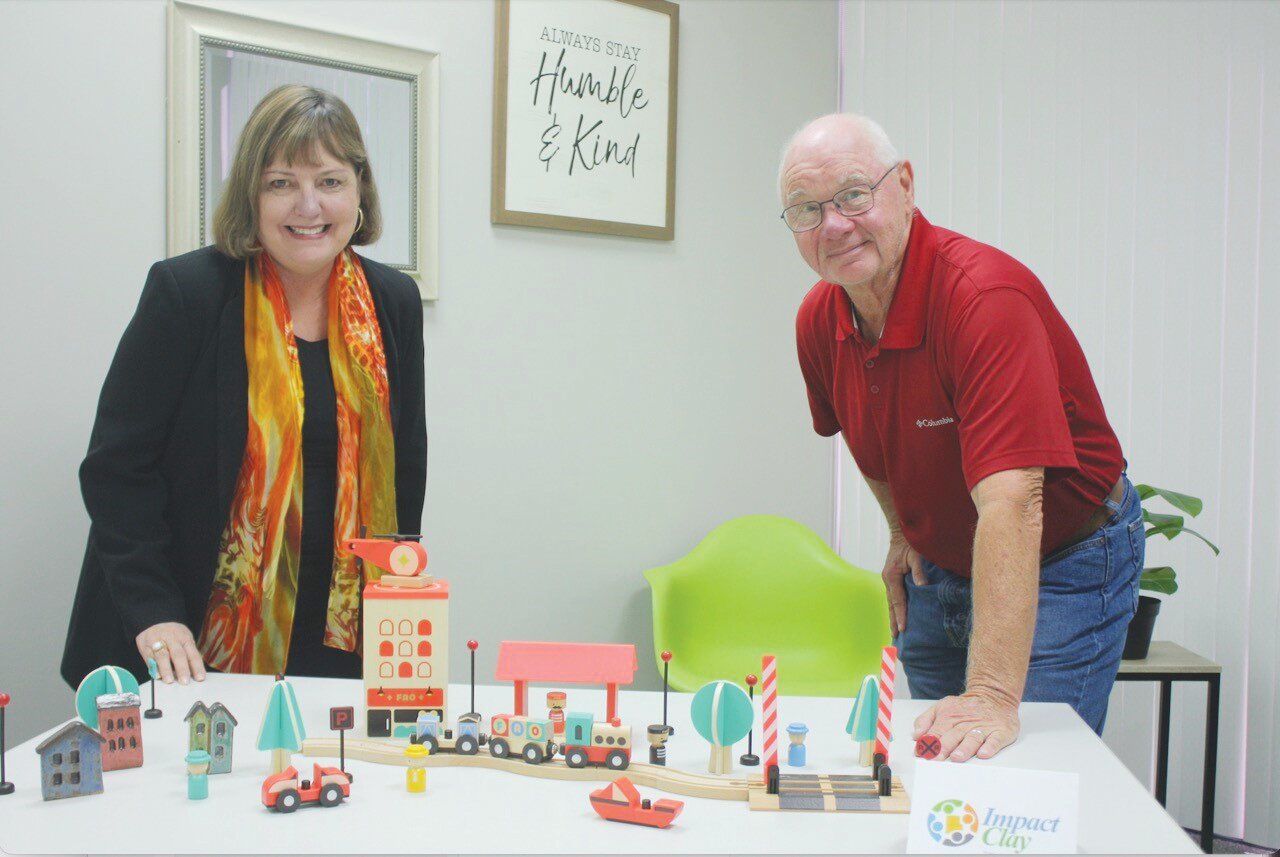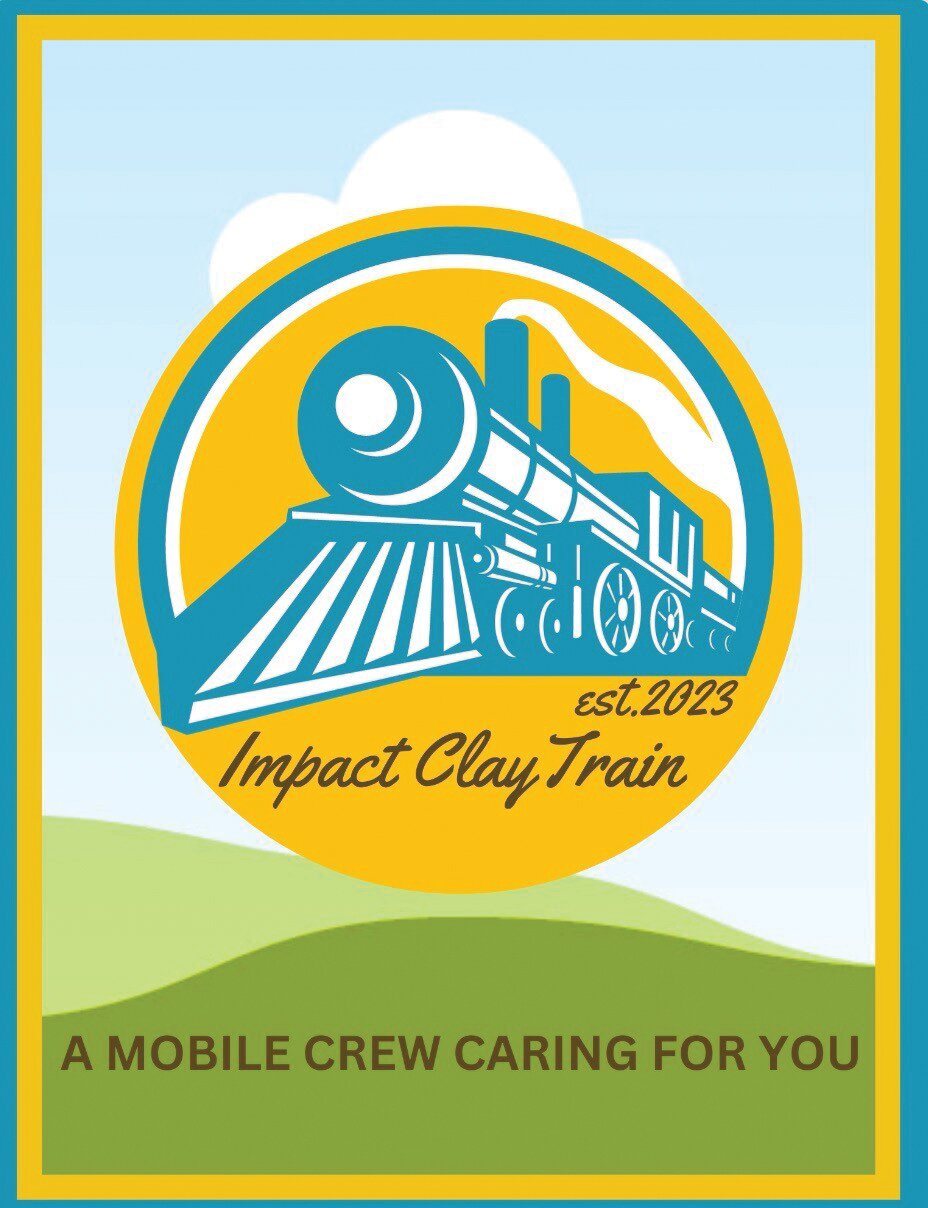Impact Clay Train to bring mobile care teams to underserved areas
Project will focus on healthcare, essential services
ORANGE PARK – Impact Clay will roll out an innovative program that will serve the needs of the underserved residents in the remote portions of Clay County. The new “Impact Clay Train” program …
This item is available in full to subscribers.
Attention subscribers
To continue reading, you will need to either log in to your subscriber account, below, or purchase a new subscription.
Please log in to continueDon't have an ID?Print subscribersIf you're a print subscriber, but do not yet have an online account, click here to create one. Non-subscribersClick here to see your options for subscribing. Single day passYou also have the option of purchasing 24 hours of access, for $1.00. Click here to purchase a single day pass. |
Impact Clay Train to bring mobile care teams to underserved areas
Project will focus on healthcare, essential services
ORANGE PARK – Impact Clay will roll out an innovative program that will serve the needs of the underserved residents in the remote portions of Clay County. The new “Impact Clay Train” program is not your typical locomotive.
Instead, the program will be deploying mobile neighborhood care teams of healthcare professionals and volunteers dedicated to addressing the unique physical and mental health needs of the community.
The mission is to make healthcare and social services more accessible to residents who otherwise couldn’t afford them. The goal is to improve the lives of thousands.
The Impact Clay Train will launch in January, with the pilot program set to “take flight” at the elementary or high school in Keystone Heights.
Impact Clay CEO and former Orange Park Mayor Connie Thomas is excited about the program.
“This really just thrills my soul,” she said.
There is one word to describe the program’s ambitions: vast. Impact Clay is planning initiatives to offer early intervention and prevention, chronic disease management, improved health literacy, emergency response, mental health and addiction support, food, hygiene, technical support, cost savings and community building.
The mobile “Train” was the creative solution to meet and satisfy residents’ needs in a large county with limited public transportation options. Currently, Impact Clay has three RVs, and they plan to add additional “locomotive cars” over time.
The origins of the Impact Clay Train originally stemmed from addressing food insecurity, Thomas said. But she said “food deserts” were just one of many ailments throughout the community. That’s why she and Gregg Coffman, Impact Clay Citizen Engagement Coach, started an initiative to create a forum among food banks last spring. Thomas’s experience with Clay Behavioral Health allowed her to include food outreach and other services. As part of the process, surveys were conducted to pinpoint which areas needed the most help.
The Train will seek to stop in three locations quarterly, stopping at one area every Saturday. Each area will receive four annual visits. Residents in rural portions of the county can walk to elementary schools that will serve as the “stations” for services. Thomas’s idea required the buy-in of Superintendent David Broskie and the school board.
“Other counties are hearing about this and they are thinking, ‘Wow,’” Thomas said. “I’m just thankful that Clay County has stepped up to the plate,”
A unit dedicated to hygiene will offer showers, haircuts and laundry, courtesy of Seeds of Love Ministry. Parents can shop for clothes as children take showers and brush their teeth. With awareness for mental health and addiction at the national forefront, another mobile team will provide counseling, support and referrals for appropriate services.
In remote areas, one problem is limited internet access. That’s why Clay Behavioral Health Center and the Clay County Chamber of Commerce’s Health Council will join Impact Clay to help residents apply for federal benefits. Impact Clay is eager to partner with other organizations to lend a helping hand.
Clay Behavioral Health CEO Irene Toto said her organization is ready to help.
“We fully support Connie’s vision for the Impact Clay Train. She has a social worker’s heart, and (Thomas) continues to make a difference in the lives of others. Clay Behavioral Health is proud to be part of this endeavor,” Toto said.
Toto said the idea of a one-stop-shop for hygiene, physical and mental healthcare, and several other services is a significant step in the right direction.
“People coming into the office is not as appealing today as it used to be. For years, (Clay Behavioral Health) has been working toward taking their services to people. This is the next step in the process, which I love,” she said.
Patrick Hayle is the Executive Director of Mercy Support Services, which provides resources and referrals for life coaching, self-sufficiency and accountability programs.
“I totally support this,” he said. “Any social services we can offer to fill those gaps would be very helpful. In most cases, it is very welcoming to those families.”










